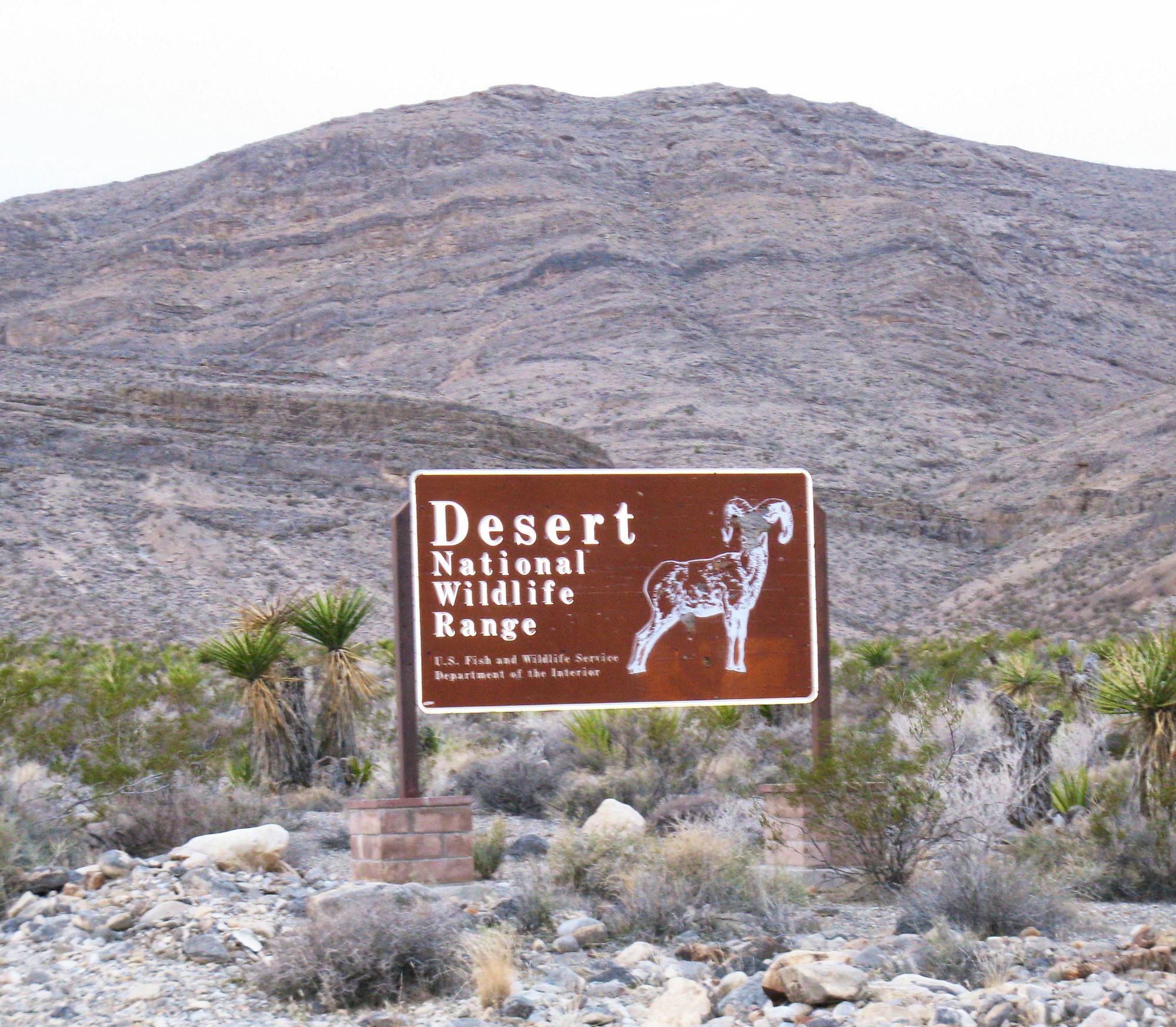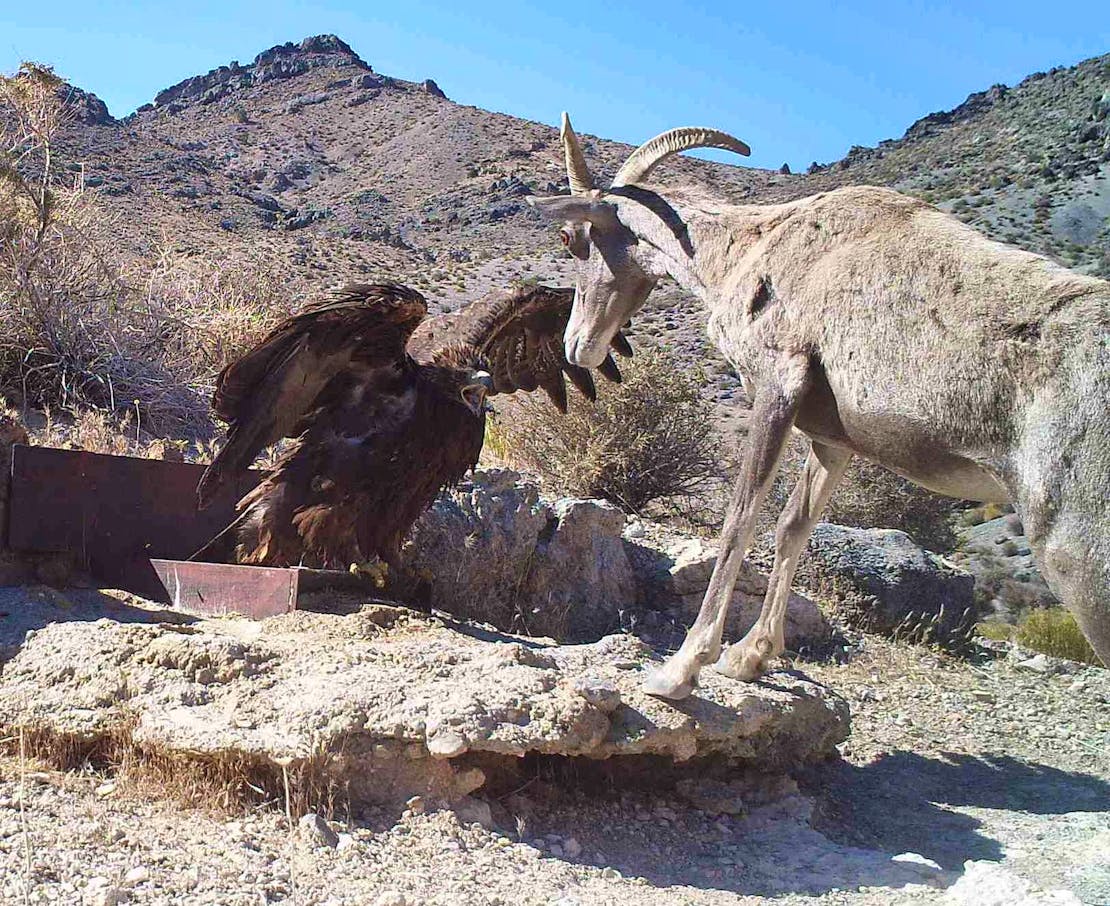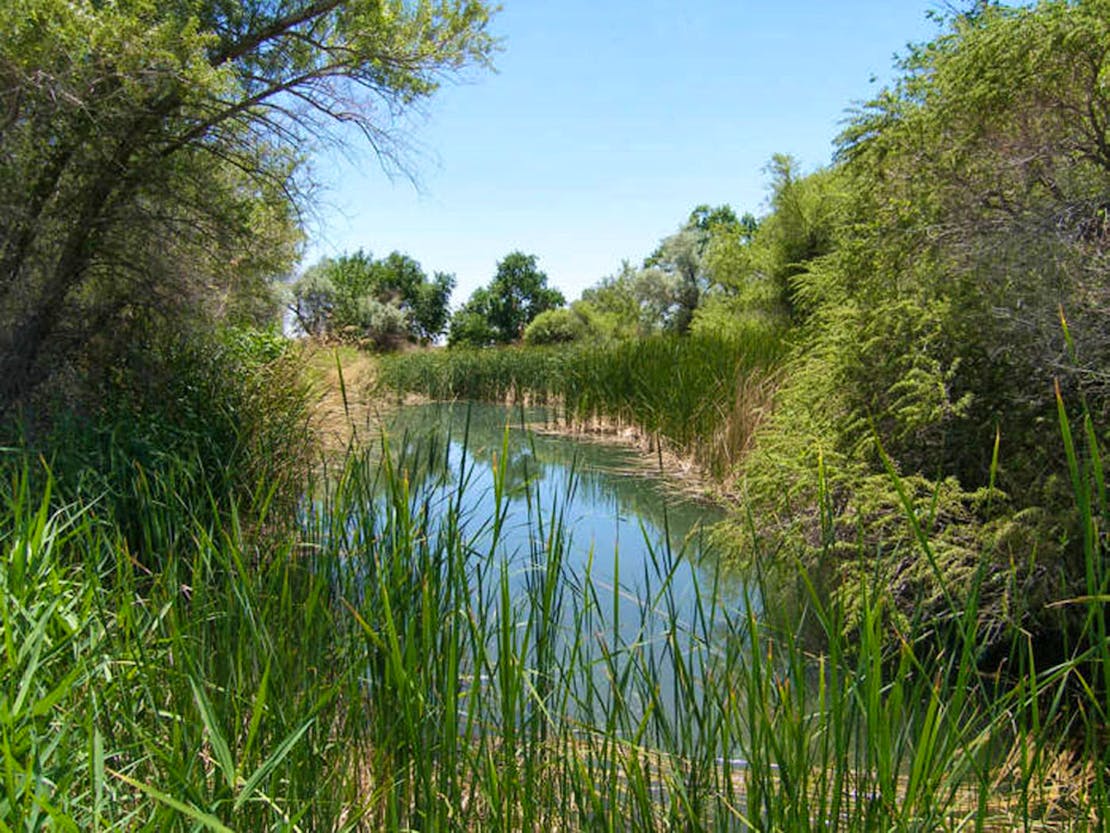The COVID-19 pandemic, with its stay-at-home orders and social distancing, has given Americans new appreciation for how essential nature is to our well-being, and how important public lands, outdoor spaces, parks and wildlife areas are to our nation. Yet national wildlife refuges and other public lands across the nation are under attack from the Air Force and now a Member of Congress.
A major battle is brewing in Congress over the fate of nearly 1 million acres of land in Nevada designated and protected as a national wildlife refuge. Congressional lawmakers are considering a proposal from Representative Rob Bishop (R-UT-1) to remove protections of Desert national wildlife refuge and handover primary control to the United States Air Force. Americans treasure the National Wildlife Refuge System and need refuges now more than ever. Even though they are protected federal lands, these special areas and the imperiled wildlife that depend on them are still vulnerable.
The National Wildlife Refuge System is the only system of public lands dedicated to the conservation of wildlife. Refuges protect America’s wildlife, fish and plants, ensuring these important habitats and the wildlife that depend on them are around for generations to come. Like national parks and other public lands, national wildlife refuges also provide important opportunities for Americans to connect with nature, while protecting imperiled species and sensitive landscapes. From conservation and protection of species to education and economic benefits for local communities, wildlife refuges play an invaluable role in our nation.
For these reasons, a broad range of supporters across the country are coming together to protect the Desert National Wildlife Refuge. Concerned citizens, state lawmakers, tribal leaders, veterans, the Nevada congressional delegation and a coalition of environmental groups recognize that wildlife refuges in the Silver State deserve our reverence. They realize that wildlife urgently needs and deserve protection from further land fragmentation and degradation. Together, they are defending wildlife in Desert Refuge, their habitat and our nation’s cultural history against this precedent-setting landgrab of wildlife refuge lands.
Previously, the U.S. Air Force requested control of 1.1 million acres of land from the Desert refuge for military training exercises. Last week, a Committee in the House of Representatives essentially granted this request by adopting, apparently without debate, an amendment from Rep. Rob Bishop of Utah. Snuck in at the eleventh hour during a marathon committee vote, Bishop’s language transfers control of over 800,000 acres of Desert National Wildlife Refuge to the Air Force as shown in the picture below.
The new language in the House’s National Defense Authorization Act is anti-wildlife to its core. It would give the military primary control of nearly 70% of the refuge lands, stripping the U.S. Fish and Wildlife Service of their ability to provide proper land management of the refuge. The proposal would allow the Air Force to circumvent existing law for war games and training activities, as well as develop important wildlife habitat without any Fish and Wildlife Service oversight. The House Armed Services Committee’s action stands in marked contrast to action by the Senate Armed Services Committee, which rejected the military’s attempt to seize control of the refuge in the version of the NDAA it recently approved.
Refuge lands were not set aside to become a battlefield for military training. From the desert bighorn sheep—a nationally recognized success story—to the threatened desert tortoise, hundreds of species depend on Desert National Wildlife Refuge. As the image above shows, the Bishop Amendment language would cede invaluable acres of habitat to Air Force control.
The further expansion of military use on public lands specifically designated for wildlife sets a troubling precedent for the future of wildlife refuges nationwide. Crucial habitat for imperiled wildlife will be lost. At a time when we are facing a biodiversity crisis where up to 1 million species worldwide are threatened with extinction, we should be protecting our wildlife and the habitats they need for survival. To irreparably impact sensitive lands set aside for wildlife and public enjoyment even as our country is confronting the impacts of climate change and devastating losses of biodiversity is a disservice to our stewardship responsibility to the nation.


Fundamentally, it is Congress’ duty to protect our federally designated national wildlife refuges. The Desert National Wildlife Refuge must be preserved, and its wildlife must be protected. Support from state lawmakers, tribal leaders, veterans, the Nevada congressional delegation and a coalition of environmental groups is reason for hope.
Together, we are reminding Congress why it established protections for the Desert National Wildlife Refuge – to preserve these public treasures vital to sustaining the nation’s wildlife for future generations. We urge Congress not to surrender more than 1 million acres of refuge lands for military testing and instead restore access to biologists and wildlife managers, respect tribal leaders and heritage and protect these lands for all of us to enjoy once and for all. Join us in speaking up: https://dfnd.us/2W2R8NZ











